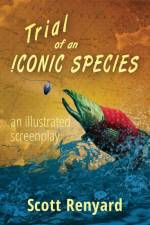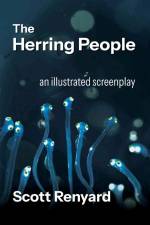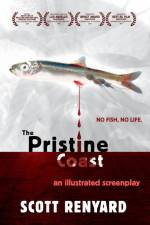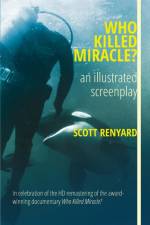von Scott Renyard
85,00 €
BackgroundThe Squamish Streamkeepers, whose reason for existence is to help wild salmon populations in the Squamish River watershed, began to wonder if they should expand their work to include Pacific herring. Herring used to spawn in great numbers in the estuary at the mouth of the Squamish River and is a major source of food for young salmon migrating out of the river and into Howe sound. So in 2006, the streamkeepers began formulating a plan to help bring herring populations back to their former levels of abundance.The DiscoveryIn 2008, while trying to encourage herring to spawn on hemlock boughs near the Squamish Terminals, the streamkeepers found dead herring eggs on the pilings of the east dock. They decided to investigate and discovered millions of dead eggs on many of the pilings. They decided to try and wrap the pilings with non-toxic material to protect the eggs from the creosote on the pilings. Initially the plan worked. But the next year, many of the eggs on the wraps died. Time and again the streamkeeper project was thwarted by wind, extreme air temperatures, oil spills, and disease. Even a massive fire at the Squamish terminals that wiped out all of their work did not stop them from trying to help the herring in Howe Sound and False Creek.The Bigger PictureSince contact with European settlers in the late 1800's, herring populations on Canada's west coast have had to survive over zealous fishing pressure, spawning habitat degradation, and now diseases amplified from open net pen fish farms.In spite of the importance to the marine ecosystem, herring and other small pelagic fishes are considered trash fish in some circles because they are not large enough for human consumption. So, they are often caught, ground up and turned into other products like fish meal or fish oil products. The trouble with our use of these fish is they are essential to the functioning of the marine food web. Herring are the main food source for so many species.When I began to make this film over ten years ago, I had to stop production many times because it was difficult getting footage of herring at the different stages of its lifecycle. And as often happened, I would miss getting the crucial shots around spawning times because there might only be 3 to 5 days a year when the spawn happens. Finally, after many years, I got herring footage at the egg, larva, juvenile and adult stages. The result is an amazingly visual experience for the audience.Includes an extensive bibliography and over 105 photos in colour and black and white.





